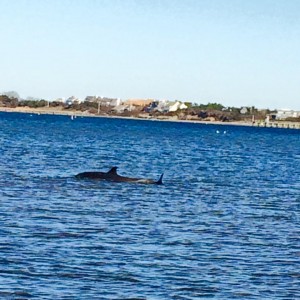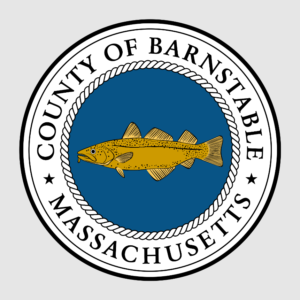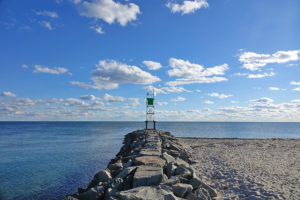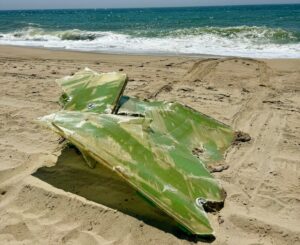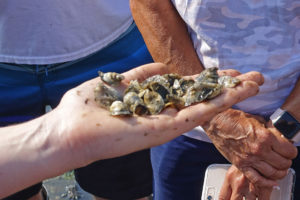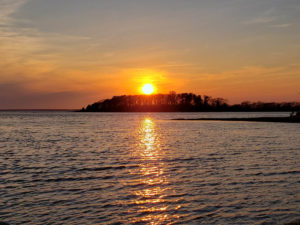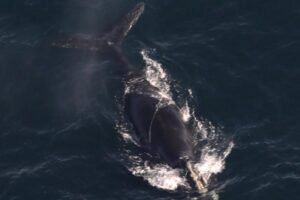YARMOUTH – The team that deals with stranding for the International Fund for Animal Welfare is facing one of their busiest summers on record.
A recent string of incidents involving nine dolphins getting stranded on Cape Cod beaches in Wellfleet and Brewster are only some of the many faced by IFAW this year.
Two dolphins were able to return to the sea on their own.
When stranded animals return to the sea without first being helped by experts, they could have untreated injuries and researchers do not get to tag them.
Tagging animals allows them to be tracked, which can alert researchers in case the animals are stranded again.
The geography of the Cape lends itself to animals getting stranded on the shore due current patterns and other factors.
“We actually have the most frequent mass-strandings of dolphins out of anywhere else in the world right here on Cape Cod,” said Misty Niemeyer, Stranding Coordinator for IFAW, “and I think that really surprises people. So we are a hotspot for marine animal strandings, and particularly for stranded dolphins.”
Without being released in the proper area, dolphins that are able to get back to sea on their own without the help of researchers could potentially end up re-stranded during the next low tide.
The full story can be found on the Sunday Journal here.




